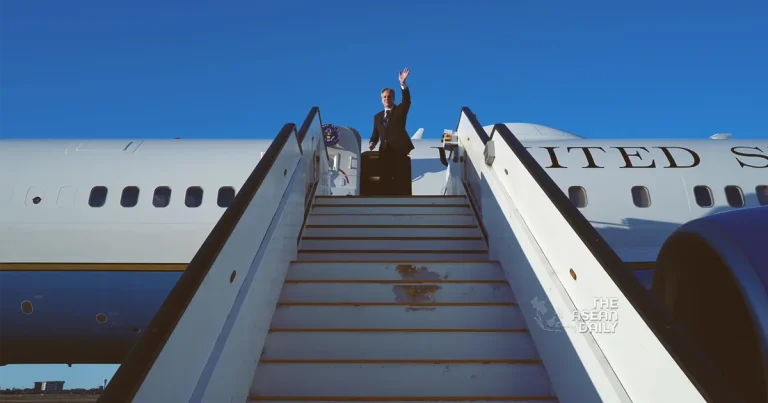12-1-2024 (WASHINGTON) U.S. Secretary of State Antony Blinken is scheduled to meet with senior Chinese official Liu Jianchao in Washington on Friday, as stated in his official schedule released by the State Department. The meeting comes just a day before the elections in Taiwan, which will test the efforts to ease tensions between the U.S. and China.
The upcoming presidential and parliamentary contests in Taiwan on January 13 hold significance as China claims Taiwan as its territory. These elections present a wildcard for the Biden administration’s goal of stabilizing relations with China in 2024.
Although Blinken’s schedule did not provide further details about the meeting, it signifies another interaction in the series of engagements between the U.S. and China. These interactions have followed the November summit between U.S. President Joe Biden and Chinese President Xi Jinping in San Francisco.
Prior to this meeting, Liu had a discussion with White House deputy national security adviser Jon Finer on Wednesday. Additionally, U.S. Secretary of Commerce Gina Raimondo had a phone call with China’s Commerce Minister Wang Wentao on Thursday. Furthermore, military talks between the two countries, which had been on hold for a long time, resumed earlier this week.
These meetings appear to be aimed at safeguarding the U.S.-China relationship, which reached historic lows last year, from the usual tensions that arise during elections in Taiwan.
A senior U.S. administration official stated on Wednesday, “The health of the U.S.-China relationship, I don’t think you can view as a derivative of cross-Strait tensions.” The official further emphasized the goal of managing tensions and avoiding unintended conflicts.
Taiwan’s government has accused China of engaging in an unprecedented campaign of election interference, utilizing various tactics such as military activities and trade sanctions to influence the election outcome in favor of Beijing’s preferred candidates. China, in turn, has dismissed these allegations as “dirty tricks.”
The U.S. has warned China against interfering in the elections of the democratically governed island and has stated that Beijing would be the instigator if it chooses to respond with additional military pressure.
China has never renounced the use of force to bring Taiwan under its control.
Despite the absence of formal diplomatic ties, the U.S. remains Taiwan’s most significant international supporter and arms supplier. China regards Taiwan as its most sacred red line and the most contentious issue in U.S.-China relations, warning that any move towards formal independence by the island could lead to conflict.
Liu Jianchao is the head of the Chinese Communist Party’s international department, responsible for handling relations with foreign political parties. He previously served as a senior anti-corruption official and led Beijing’s Operation Fox Hunt, which aimed to repatriate Chinese criminal suspects who had fled overseas.
The U.S. has criticized the program for its use of tactics it deems as “transnational repression” against Chinese dissidents, including kidnappings and pressure on the families of suspects.
Craig Singleton, a China expert at the Foundation for Defense of Democracies in Washington, commented, “The Biden administration should reconsider the optics and consequences of engaging with an official tied to Operation Fox Hunt, if for no other reason that it undermines our commitment to supporting those who seek refuge from authoritarian regimes, like China.”
During the meeting between Liu and Finer, the White House highlighted the importance of peace and stability in the Taiwan Strait and the South China Sea. The South China Sea, an area where Beijing has increasingly demonstrated assertiveness in its expansive territorial claims, has become a potential flashpoint, creating tensions with regional countries, including the Philippines, a key U.S. ally.




